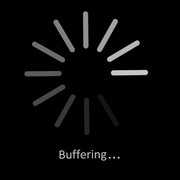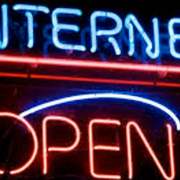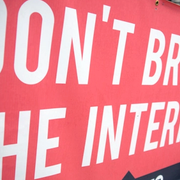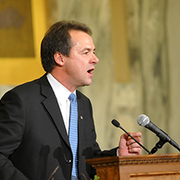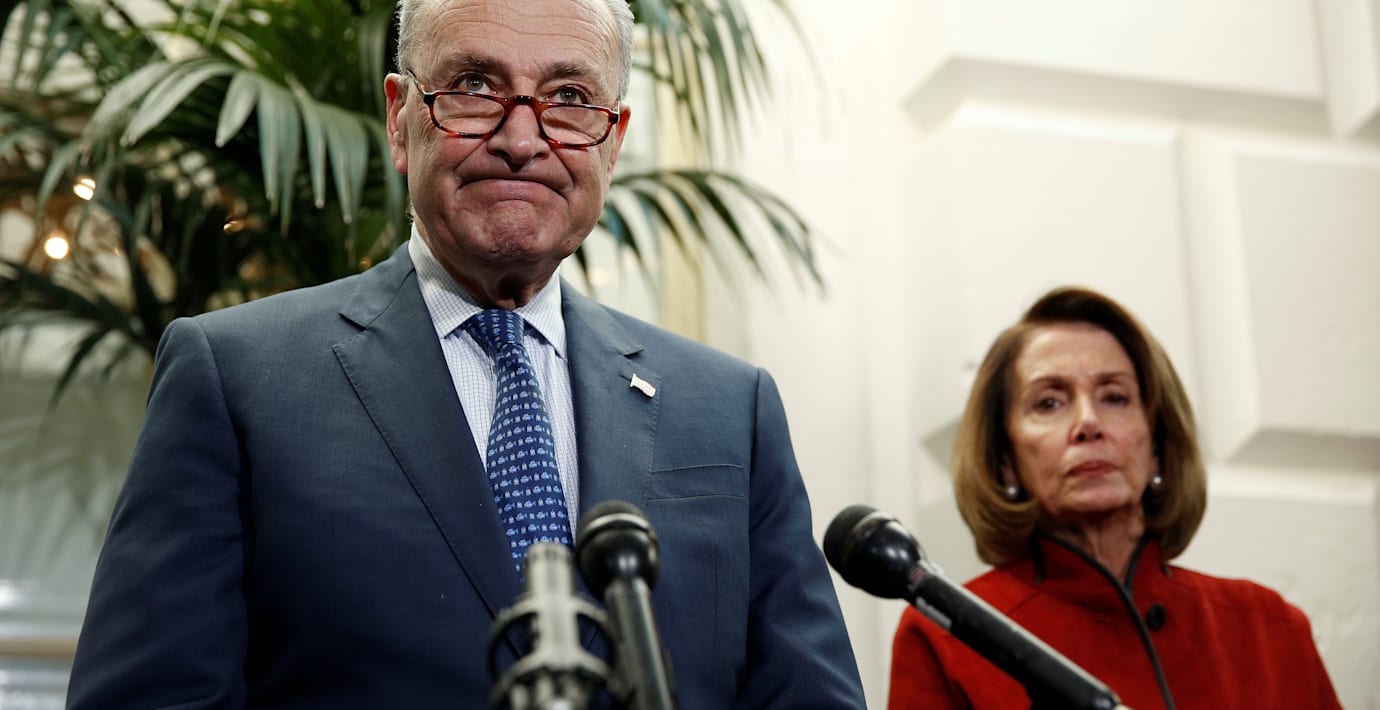
Demokrater vill tvinga fram röstning om nätneutralitet
Den demokratiske toppdemokraten Chuck Schumer vill tvinga fram en omröstning i kongressen efter beslutet i den amerikanska radio- och telestyrelsen FCC om att riva upp nätneutraliteten. Det rapporterar Reuters.
Schumer kommer att använda sig av Congressional Review Act, en lag som tillåter kongressen att se över federala regelverk som har utfärdats av myndigheter.
– Det ligger i vår makt att göra det, säger Schumer.
Republikanerna har tidigare använt sig av det verktyget för att stoppa regler som antogs under Obamaregeringen.
Nätneutraliteten har setts som ett sätt att upprätthålla ett fritt och öppet internet. Många oroar sig nu över att företag kan få större makt över vilka sajter som gynnas.
bakgrund
Nätneutralitet
Wikipedia (en)
Net neutrality is the principle that Internet service providers must treat all data on the Internet the same, and not discriminate or charge differently by user, content, website, platform, application, type of attached equipment, or method of communication. For instance, under these principles, internet service providers are unable to intentionally block, slow down or charge money for specific websites and online content.
The term was coined by Columbia University media law professor Tim Wu in 2003, as an extension of the longstanding concept of a common carrier, which was used to describe the role of telephone systems.
A widely cited example of a violation of net neutrality principles was the Internet service provider Comcast's secret slowing ("throttling") of uploads from peer-to-peer file sharing (P2P) applications by using forged packets. Comcast did not stop blocking these protocols, like BitTorrent, until the Federal Communications Commission ordered them to stop. In another minor example, The Madison River Communications company was fined US$15,000 by the FCC, in 2004, for restricting their customers' access to Vonage, which was rivaling their own services. AT&T was also caught limiting access to FaceTime, so only those users who paid for AT&T's new shared data plans could access the application. In July 2017, Verizon Wireless was accused of throttling after users noticed that videos played on Netflix and Youtube were slower than usual, though Verizon commented that it was conducting "network testing" and that net neutrality rules permit "reasonable network management practices".
Research suggests that a combination of policy instruments will help realize the range of valued political and economic objectives central to the network neutrality debate. Combined with strong public opinion, this has led some governments to regulate broadband Internet services as a public utility, similar to the way electricity, gas, and the water supply are regulated, along with limiting providers and regulating the options those providers can offer. The United States supported this view from 2015, but on December 14, 2017, the FCC voted to repeal net neutrality.
Omni är politiskt obundna och oberoende. Vi strävar efter att ge fler perspektiv på nyheterna. Har du frågor eller synpunkter kring vår rapportering? Kontakta redaktionen
